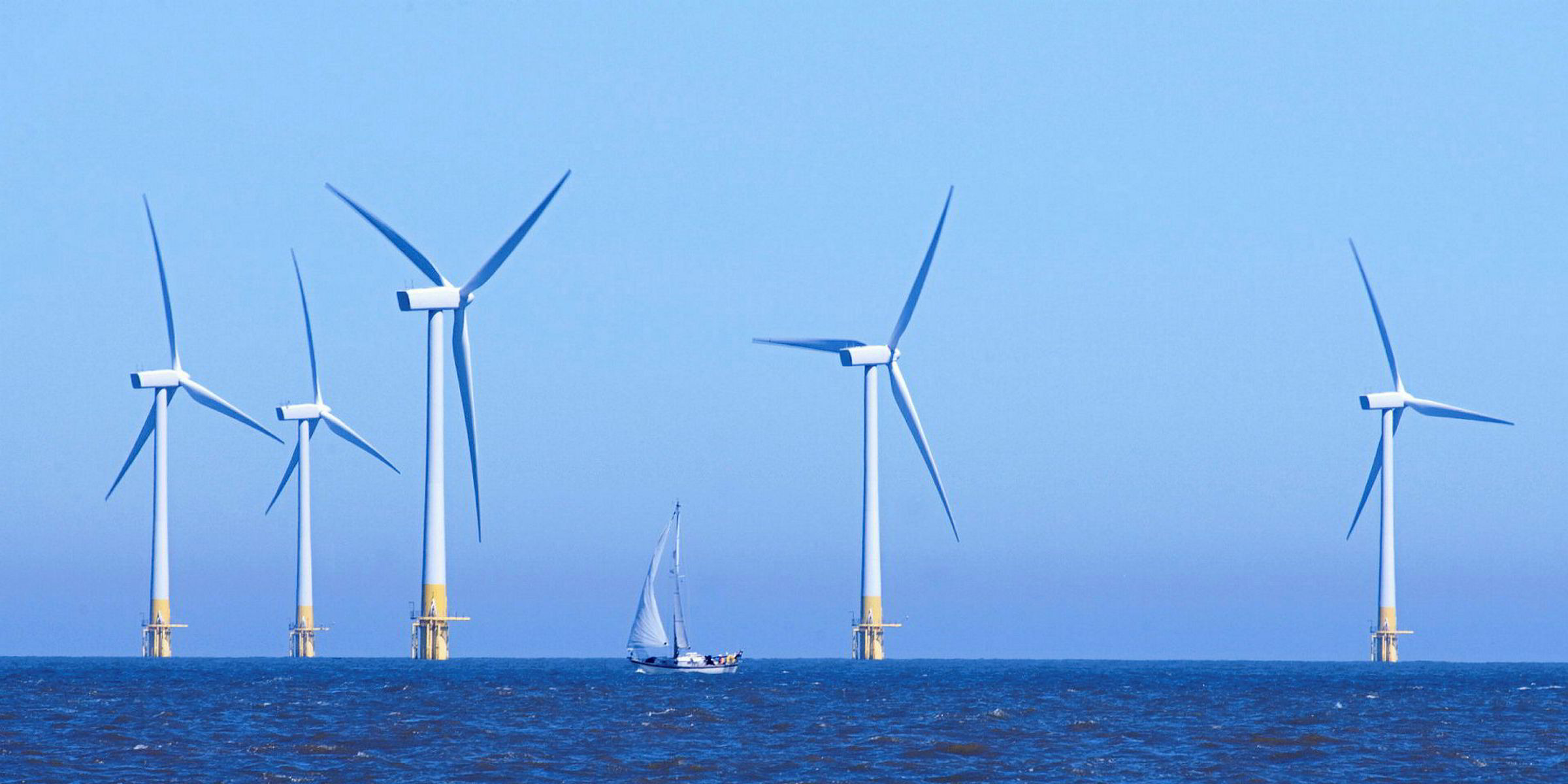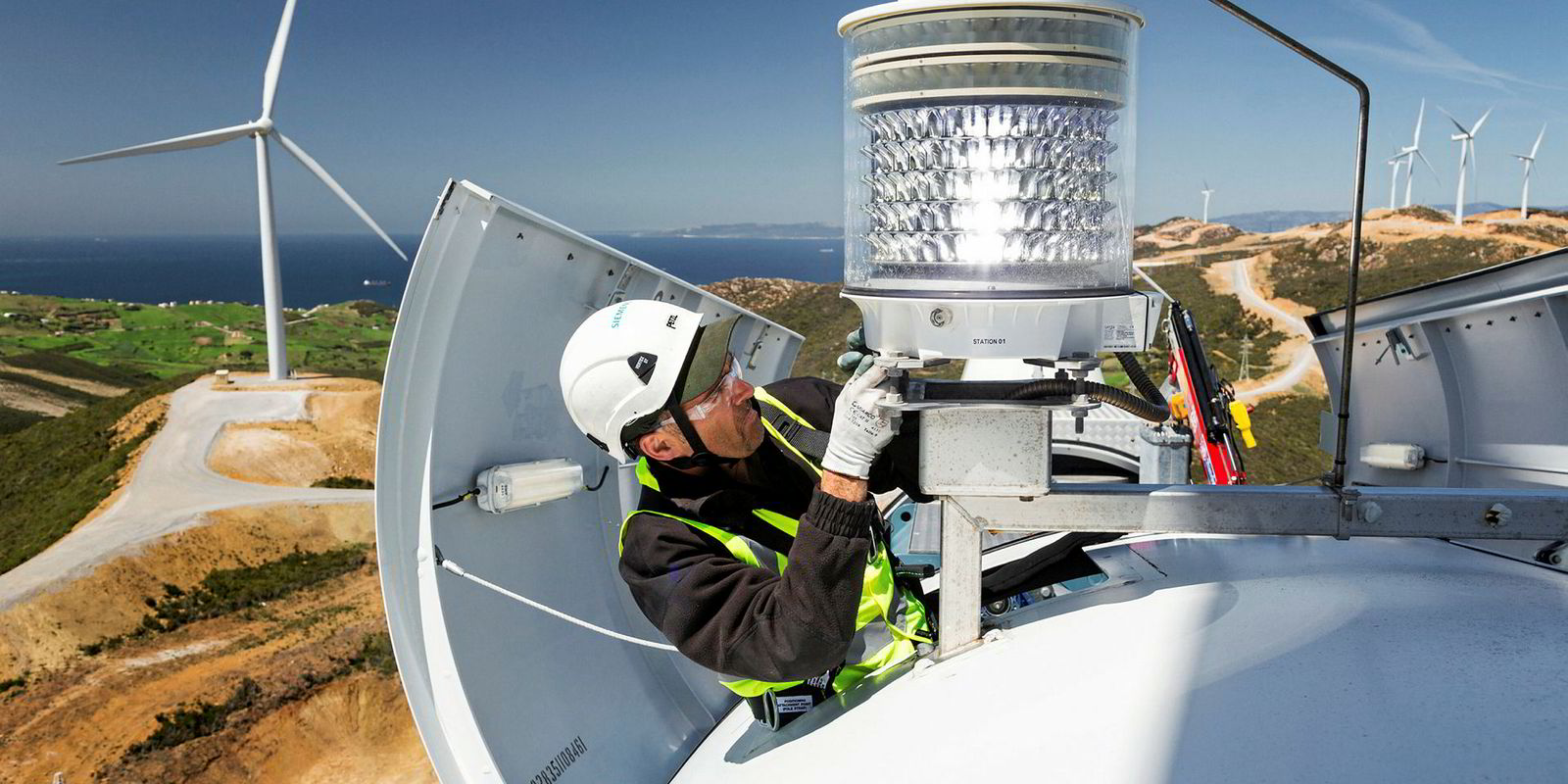Zero-subsidy European offshore wind projects may prove to be solid investments, but their risks are too steep for many big potential investors, said Torsten Lodberg Smed, senior partner at Copenhagen Infrastructure Partners (CIP), speaking at the Recharge Thought Leaders roundtable in Amsterdam on Monday.
The global offshore wind sector was stunned earlier this year when Orsted (then known as Dong) and utility EnBW won 1.38GW of future German offshore capacity with zero-subsidy bids, prompting the Netherlands to launch its own subsidy-free tender, with bids due next month.
Some in the industry are concerned that such subsidy-free projects require an overly optimistic view of future cost reductions, while underestimating the risks of projects that may not be on line for nearly a decade.
“Generally for Europe, I’m a bit concerned about the viability of everything that’s going on,” Smed said.
“We’ve seen zero [subsidy] bids. All I can say is, if these projects end up being purely merchant, I think there will not be a big investor appetite – at least not from many of the investors I know.”
CIP has invested in several European offshore wind projects, including Germany’s recently completed 402MW Veja Mate, and is also active in the early-stage US and Taiwanese offshore markets. The Danish fund manager has raised €6bn to date, much of it coming from institutional investors.
With the most aggressively priced offshore wind projects not expected on line until the mid-2020s, developers are counting on substantial advancements in turbine size and efficiency to make the economics pencil out. “But it remains to be seen whether that new technology will actually be available” in time, says Smed, who was an offshore wind executive at Dong before co-founding CIP.
Meanwhile, the economic climate could be much less favourable in a few years’ time.
“You can’t rule out that before these big projects reach [their final investment decision] we have a new economic crisis,” he says. “It’s actually not unlikely we’ll have a big issue at some of the projects.”
Zero-subsidy bids have been a thrilling development for the offshore wind industry, but they must be assessed in the proper context, says Jonathan Cole, managing director for global offshore wind at Iberdrola Renewables.
As an industry, “some of our biggest achievements are not actually achievements – they’re promises”, Cole notes. “Some of the things we talk about with cost reductions are for projects that haven’t yet been built.


